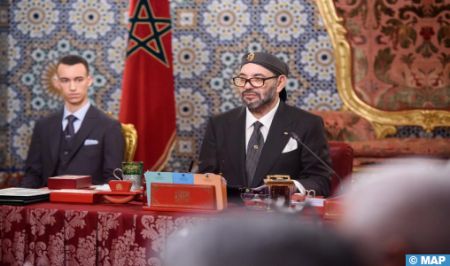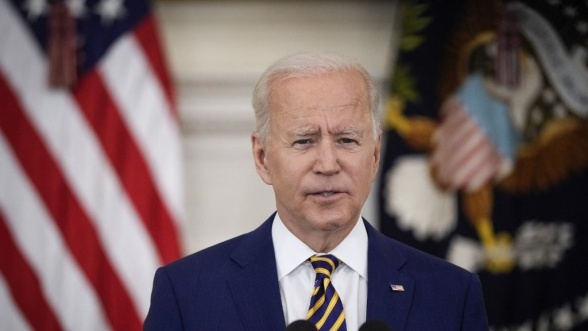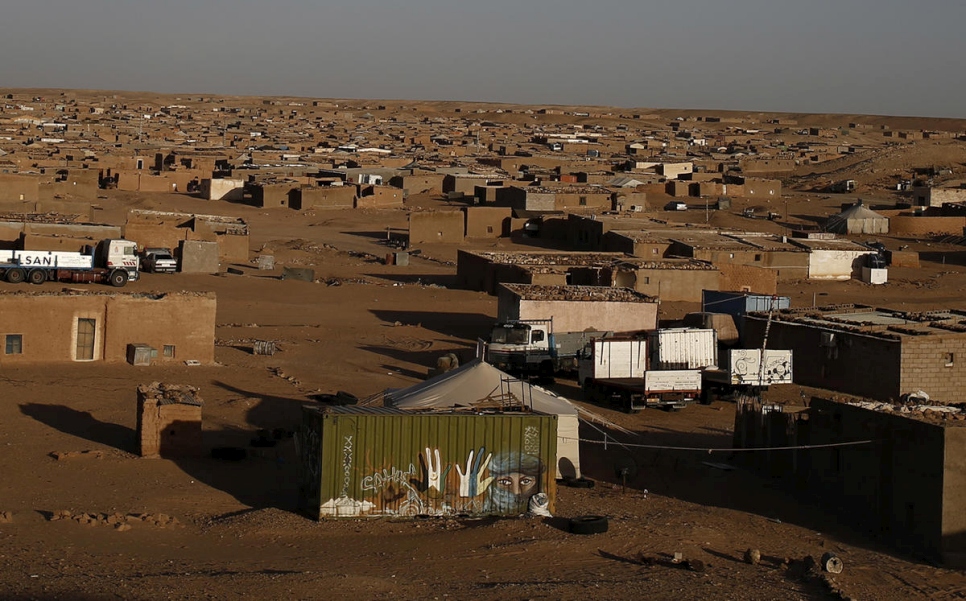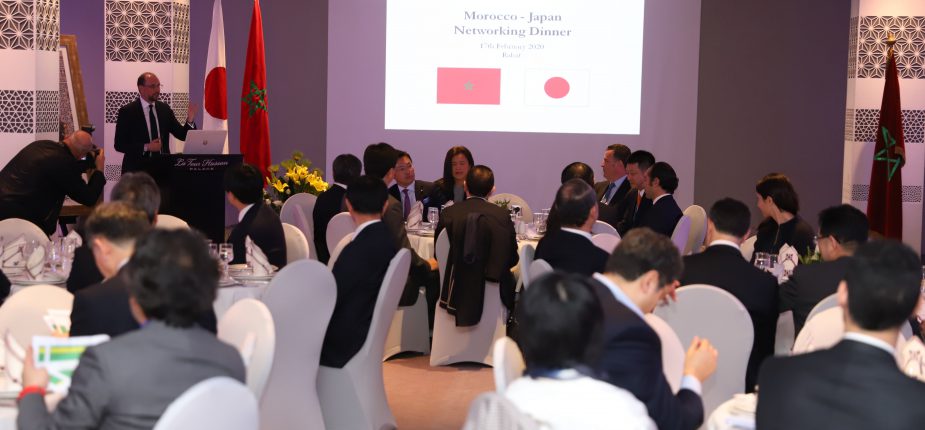King Mohammed VI, who was accompanied by Crown Prince Moulay El Hassan, chaired, this Tuesday, at the Royal Palace in Rabat, a Council of Ministers devoted to examining the General guidelines of the 2023 appropriation bill and the adoption of a draft Dahir, three draft organic laws, three draft decrees as well as a number of international agreements.
At the beginning of the Council’s meeting, the Minister of Economy and Finance Nadia Fettah Alaoui made a presentation on the general guidelines of the Finance Bill for the year 2023, noting that this draft bill was elaborated in an unstable international context, which has repercussions in terms of inflation and disruption of production chains, said a statement read out by the spokesman for the Royal Palace, Abdelhak Lamrini.
The Minister indicated that this text is based on assumptions fixing the growth rate at 4%, the inflation rate at around 2% and the budget deficit at 4.5% of the Gross Domestic Product (GDP).
According to the statement, the general orientations of the Finance Bill for the year 2023 are based on four main axes, firstly the strengthening of the foundations of the social State, through the implementation of the various components of the Royal project for the generalization of social protection, in particular the completion of the generalization of Compulsory Health Insurance to all social categories, the gradual generalization of family allowances according to a new approach of direct targeting of underprivileged populations, based on the Unified Social Register and the acceleration of its generalization to all regions of the Kingdom.
At the same time, the rehabilitation of the national health system will be continued, by increasing the funds allocated to the health and social protection sector.
The text also provides for the implementation of the roadmap for the reform of the education and training system, the encouragement of the full participation of women in all economic areas and the protection of their rights, in addition to the integration of people with disabilities.
Given the importance of access to housing and the guarantee of decent living conditions, direct State aid has been decided in this area for the benefit of the targeted social categories.
The second axis evolves around the revival of the national economy through the support of investment through the implementation of the new Investment Charter and the fulfilment of the commitments made in the framework of industrial investment projects.
In this connection, it has been decided, in accordance with the King’s instructions, to speed up the operation of the Mohammed VI Fund for Investment and boost public investment, which will be oriented towards infrastructure projects and ambitious sectoral strategies, to strengthen the competitiveness of the national product and secure national food, health and energy sovereignty.
Given the role of the tax system in meeting the current economic challenges and achieving the expected objectives in terms of economic recovery, the provisions of the framework law on tax reform will be implemented, to offer more visibility to the economic operators, through a comprehensive reform of corporation tax and of the banking and insurance sectors, while reducing the tax burden on middle-class employees and retirees.
The third focus of the bill is the consecration of territorial equity, through the continued implementation of the advanced regionalization project and the program to reduce spatial and social disparities.
It will also be a question of accelerating the reform of the administration through the simplification of procedures and the launch of a new national strategy for the digital transition, in addition to the continuation of efforts in the field of administrative devolution and the institutionalization of the Amazigh language in all aspects of public life.
As to the fourth axis, to targets the restoration of budgetary margins to ensure the sustainability of the reforms, by mobilizing all possible financial resources through better tax collection, the adoption of innovative financing mechanisms, the rationalization of administrative operating expenses, the implementation of the reform relating to public procurement, the reform of the Organic Law relating to the Finance Law, as well as the revaluation of the public portfolio and the improvement of its yield.
After the adoption of the General Guidelines of the finance bill for the year 2023, the Council of Ministers approved a draft Dahir relating to the safety of military aircraft and a number of organic bills, and international agreements.
At the end of the work of the Council the King appointed Mohamed Benchaaboun, Managing Director of the Mohammed VI Fund for Investment.



